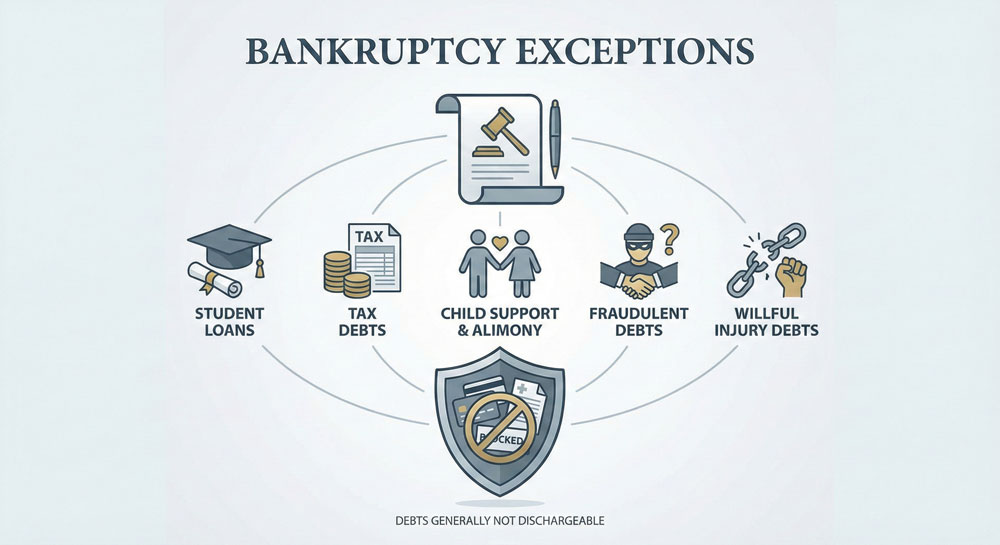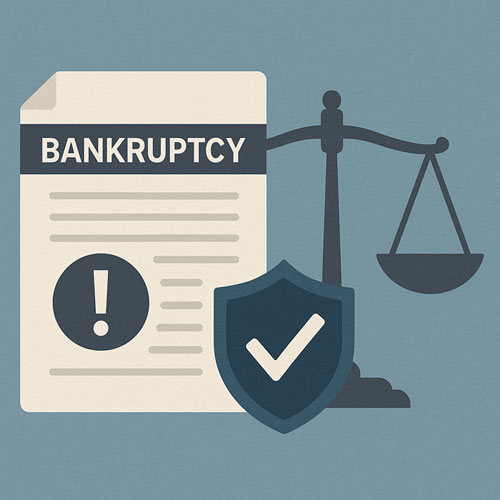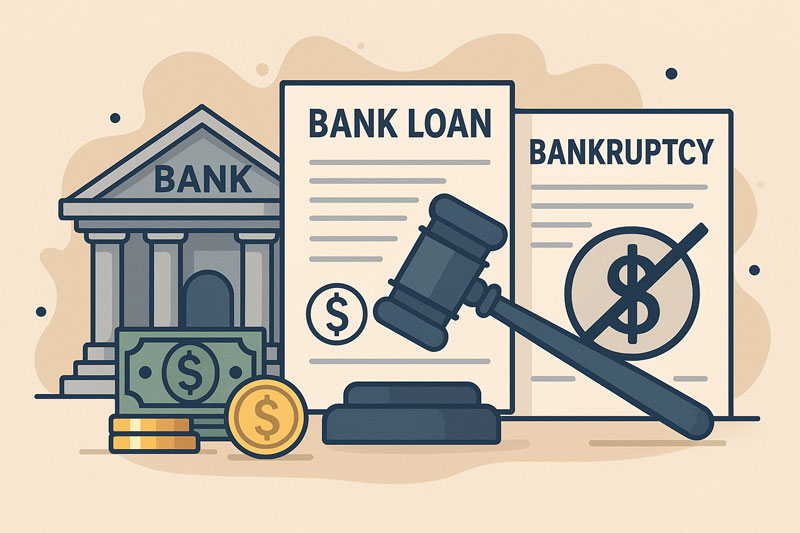Garnishments Vs. Levies: What’s The Difference?

Garnishments and levies are two common methods creditors use to get paid for delinquent accounts. But how do they differ and why are they a good reason to file bankruptcy?
Legal Actions
Both garnishments and levies are legal actions taken by creditors to seize your assets when you’ve failed to pay a debt. Private creditors such as a credit card lender can only use garnishments or levies after the get a court order. This means that they must sue you and win a judgment before they can use a garnishment or levy against you. Government agencies such as the IRS do not need a court order before using garnishments or levies against you.
What Is A Garnishment?
A garnishment is a legal order that forces your employer to take a portion of your wages and hand it over to a creditor. Your employer cannot refuse to follow through on a wage garnishment order. Fortunately, California law prevents a creditor from garnishing more than 25% of your wages after deductions. If you want a wage garnishment to stop, you must negotiate repayment with the creditor or file bankruptcy. If you file bankruptcy, the wage garnishment will stop and the creditor will be repaid through the court if you file Chapter 13 bankruptcy. Or, if you file Chapter 7 bankruptcy, the debt may be discharged. It’s important to note that if you do not stop a wage garnishment, it will continue until your debt is paid in full.
What Is A Levy?
A levy is a legal order that freezes your bank account and seizes the money in it. If a levy is placed on your bank account and you continue to deposit money into it, that money may also be seized by the creditor. Government agencies are more likely to use levies against you while private creditors are more likely to use wage garnishment.
What’s the Process?
Government agencies are not required to sue you before garnishing your wages or levying your bank account but they must give you notice of their intentions and give you a reasonable amount of time to repay the debt or dispute that you owe the debt. Private creditors such as a credit card lender must file a lawsuit and win a judgment against you before they can use wage garnishments or levies against you. This means that you shouldn’t be surprised by a garnishment or levy, you will receive written notice. That’s why it’s important that you don’t ignore the letters creditors send you even if you know you can’t pay the debt. If you move quickly, you may have a chance to file bankruptcy before creditors can get their hands on your assets.
If you’ve received notice of an impending garnishment or levy, contact your Fairfield bankruptcy attorney at (707) 385-0422.
Categorized in: Wage Garnishment



